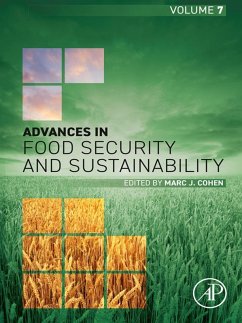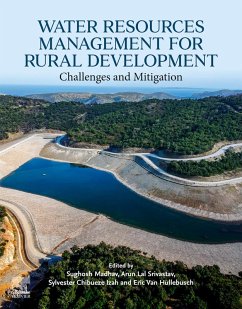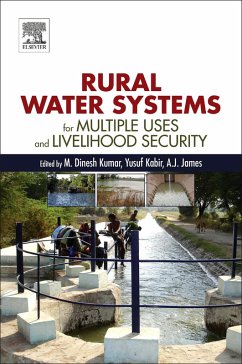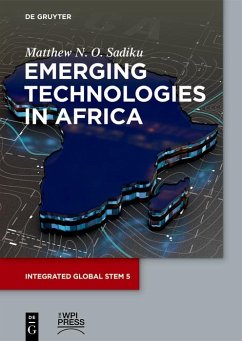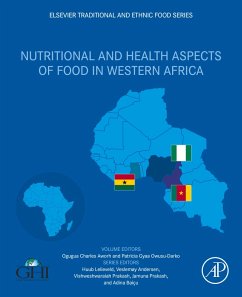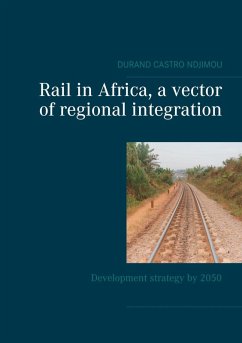
Rural Water Supply and Sanitation (eBook, ePUB)
Evaluation and Feasibility of WASH Development Projects in Kenya

PAYBACK Punkte
0 °P sammeln!
"This publication is expected to provide insights into the present water supply and sanitation in rural Kenya by identifying potential cost-effective sources of community water supply systems; determining the current water demand and assessing the capacity of existing water supplies; recommending possible and viable solutions to community sanitation problems; identifying existing structures for water development in rural communities and areas of collaboration with other players in the water sector; and determining the extent of environmental degradation in water catchments and recommending pos...
"This publication is expected to provide insights into the present water supply and sanitation in rural Kenya by identifying potential cost-effective sources of community water supply systems; determining the current water demand and assessing the capacity of existing water supplies; recommending possible and viable solutions to community sanitation problems; identifying existing structures for water development in rural communities and areas of collaboration with other players in the water sector; and determining the extent of environmental degradation in water catchments and recommending possible remedies. This publication will form the basis for effective planning, monitoring, and evaluation of water supply and sanitation development projects in rural Kenya. The focus of this publication is on the sustainability of water supply systems and sanitation that have been realized by water development projects in rural Kenya. It attempts to look into proposed and completed projects with a view to improving the implementation and sustainability of development project activities. It also attempts to look at sustainability through a transition strategy where the local non-governmental organizations (NGOs) community-based organizations (CBOs), faith-based organizations (FBOs) and Water Users Committees (WUCs) would take charge of water supply systems. An increased local capacity building through training, formulation and enforcement of water management by-laws would ensure the sustainability of the operation and maintenance of developed water sources."
Dieser Download kann aus rechtlichen Gründen nur mit Rechnungsadresse in A, B, BG, CY, CZ, D, DK, EW, E, FIN, F, GR, H, IRL, I, LT, L, LR, M, NL, PL, P, R, S, SLO, SK ausgeliefert werden.




